Memoirs of a Superfan, Vol. 8.1: CAAMFest – or What’s in a Name?
Asian Americans, like many immigrants and the children of immigrants, are used to changing their names. We become familiar with multiple identities, embedded in each other, like nested Tupperware containers, but with the lids askew and the contents mixing, with risk, vigor, and elements of danger, loss and sometimes, hope. 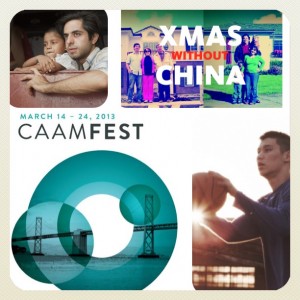
Patelovich becomes Patel. Piyush becomes Bobby. Amrutha becomes Amy. Pak becomes Park. Xia Tian becomes Tom Xia (a protagonist in this year’s excellent documentary, XMAS WITHOUT CHINA). Nimrata becomes Nikki, and Vikram Kapur becomes Victor Cooper. We know each other by names and nameplates, but who are we, really, underneath them all? Does a name change signal something deeper, a change of affiliation? Or does convenience and comestibility trump identity? Does confusion result, or some kind of amplification and multiplication of self? Does our “real name” sit somewhere, a bit grumpy at being ignored and mispronounced, warily making its truce with the new? Is our old name shamed into hiding? Or does a new name mark a bold advance and vision of the future? I think we have many names; a whole family of names bundled inside each of us, switching places like tag-team wrestlers, or baton-passers in an endless relay race, the race of race, in fact; race, cultures and identities. We are like mutant superheroes, with origin backstories and secret identities, X-Men and X-Women, Malcolm X and Cassius Clay, MIDNIGHT’S CHILDREN, lurking in the shadows, then making our own light.
Our family names, which came first in the “old country”, become last names. My last name is actually my father’s given name; I don’t even know what my name would have been in India, much less who I would have been; in this way, I’ve been “made in America”. Coming to America, becoming Amurrrican, is like shape-shifting. We are protean, though, and on some deep level, we knew that coming here was opening to change. Did we dare dream we’d be changing America in turn? We do now, we do now. Call us hope. Call us by our true names.
Our festival is changing its name, too, like an immigrant or yearning performer, an actor creating a coveted role. The beloved SFIAAFF (Svee-Ahf), a festival with a name sounding like a slightly weird Asian incantation, is shedding its skin and becoming CAAMFest. It is the Year of the Snake, after all, and the new must be born from the old. I’m told this is a “rebranding” – a move reflecting the truth that the festival is about more than film, it’s about food and music too – other reflections of culture – and about changing ideas of audience engagement. Some would suggest that the word “festival” includes all those things to begin with – why change names? Why risk confusing people, or possibly even diluting the core mission around film? I don’t know. I love the festival, whatever she wants to call herself. CAAMFest rolls off the tongue just fine, although Svee Ahf sounds better in its Chinese tonal variations, all sixteen of them. I’m just glad she didn’t name herself Bobby. Or even Ravi. That would have been too confusing.
Some change names when they marry. We have pen names, Zen names, dharma names, honorary names, screen names and secret names. Some, like Sun Ra and Peace Pilgrim, start using what they consider to be their realest names, their heart names. Neshma becomes Single Beige Female becomes Micropixie, sounding true with each incarnation. Vishnu has avatars of many names, Allah has 99 names, and who can even keep up with the names of the many deities, Buddhas and Bodhisattvas dancing inside us?
The Festival’s mother has changed her name, too. NAATA became CAAM some years ago, but there are those who still call her NAATA, in fond memory and resistance. We do resist change, most of the time, and these folks, who were some of NAATA’s activist founders and advocates, have spent their lives resisting, challenging, and becoming. They don’t give up their names easily. But you might recall, just a few years ago, many of us added the middle name “Hussein” to our Facebook profiles, and some even added Hussein to their legal names. We were beginning to love and get excited about a man named Barack Hussein Obama, identifying with him, merging our stories with his story. A guy with a funny name who kept it. We had his back, because we knew what it was like to be an outsider who had to “make his name”, so to speak. We were willing to change, ready to change.
Sometimes, we don’t change names, but keep names we’ve been given, and add names as we go along. Sometimes we change ourselves, living into the meanings of our names. Jeremy Lin is also Lin Shu Hao. Shu means “writing” or “books”, and Hao means “hero” or “leader”, and indeed he could be described as a hero in the book of our days. Not to mention that his name infiltrated (Linfiltrated) all our books last year, from sports to LINguistics to pop culture to our feelings about who we are and who we could be, as Asian Americans. It was like a DJ dropped a beat – Lin – and everybody started to dance. “Everything changed,” said my friend, whose own Chinese name proclaims compassion and harmony. Some people don’t like being asked what their name means. They think it’s embarrassing or irrelevant, an uncomfortable exotification. I think it’s all a matter of layers. We get comfortable with layers, and changing them, in San Francisco. Choosing a name, living into a name – is change. We are always molting, shedding, changing, revealing.
Life is like that. Everything can change. Linsanity wasn’t just one person showing himself. It was all of us, activated. We all can change, we can be part of a change. Change, in fact, takes all of us, with all our many names. And if you haven’t heard yet, LINSANITY is the subject of this year’s Opening Night Film. The beats keep droppin’, and change keeps comin’.
The world is made more meaningful by each of us, by our names and their meanings, the Shu Hao’s and the Jeremy’s (Jeremy is a take on Jeremiah, meaning “God has uplifted” in Hebrew), the Kyung Ae’s (“Subtly Shining Love”, Korean) and the Sophia’s (“Wisdom”, Greek). The Maya’s (“The power of illusion which manifests the universe”, or a reference to the mother of Buddha, Sanskrit), the Megumi’s (“Blessing”, Japanese), the Ananda’s (“Supreme Bliss that Surpasseth Understanding”, also Sanskrit), the Norbu’s (“Precious Gem”, Tibetan) and the Siddhartha’s (“He Who Achieves His Aims”, also Sanskrit).
I recently interviewed three candidates for my Alma Mater, whose motto is In Deo Speramus (“In God We Hope”). The candidates’ names, in the order I interviewed them, were Soumya, Alya and Tiffany, meaning, in combination, “Gentle Sublime Revelation of God”). That’s some heads up from the cosmos, if you ask me. I’m sure on the lookout now, this Year of the Snake, year of changes, renewals and revelations.
Years ago, I was told by a patient’s good-humored friend in the UCSF ER that the Chinese breakdown of my name, “Chan” and “Dra” means “to pull money”. I guess I have prospects if I ever move to China. That name hasn’t made it to America yet, for me, and it’s not really what I want my name to mean. Ravi gets pronounced many ways, all of them like different, changed names to me, names to offer to South Asians and names to offer to others, and names presented back to me in various American and world dialects. RuhVEE. RAHvee. Ravvy. Rawwwww-veee. Ruvvy. Rubby. I’ve even been called Rabbi, go figure, and Stephen Gong (Executive Director of CAAM) called me “the Reverend” last year, much to the chagrin and shame of Rabbis and Reverends everywhere. Many of us do this, change hats sometimes at the drop of a hat, three different names to three people in the same conversation. There are thousands of Ravi Chandra’s on Facebook alone, but it is still my name, or at least one of my names. Someday, I’ll walk into a bar, order my drink (an Interbeing, ma’am, shaken, not stirred) and introduce myself. “I’m Moon. Sun Moon. This is what my name means. This is who I am.” She’ll say “I’m Interested. Vaguely Interested.” We’ll both laugh, and order another round.
Basho was born Matsuo Munefusa, but renamed himself Basho after the banana plant his students planted outside his hut. He named the hut the Basho Hut too, and Basho means “place”. It’s spare, deep and resonant, like all his work. “I am this place,” it says. He was an immigrant, too, a discoverer of a deeper country, on a “Narrow Road to the Interior”, the title of his main volume, a name with multiple meanings (“The moon and sun are eternal travelers. Even the years wander on…”). He continues to inspire companions to travel with him. I wrote this haiku a few weeks ago, inspired by Basho and life:
This raft of memories –
Fluid, floating, formless form;
It’s all people, all.
CAAMFest, you are still the place and space for us, to celebrate each other’s company, identities, and our many, many names, each with a story to light, and each with a hard-won struggle beneath a beautiful face. CAAMFest, you are a raft of memories, filled with people, all people. We will always love you, no matter what you call yourself. And you always will help us love each other; help us see each other. Happy Valentine’s Day. Let’s celebrate soon.
Signed,
Superfan
See the Superfan blog series on CAAMedia.org
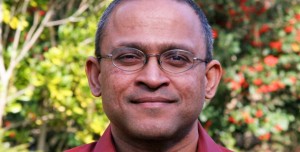 Ravi Chandra, M.D. is a psychiatrist and writer in San Francisco. You can find more of his writing and spoken word performances at www.RaviChandraMD.com. His blog for Psychology Today, The Pacific Heart, is here http://www.psychologytoday.com/blog/the-pacific-heart.
Ravi Chandra, M.D. is a psychiatrist and writer in San Francisco. You can find more of his writing and spoken word performances at www.RaviChandraMD.com. His blog for Psychology Today, The Pacific Heart, is here http://www.psychologytoday.com/blog/the-pacific-heart.
Follow him on Twitter at https://twitter.com/going2peace.


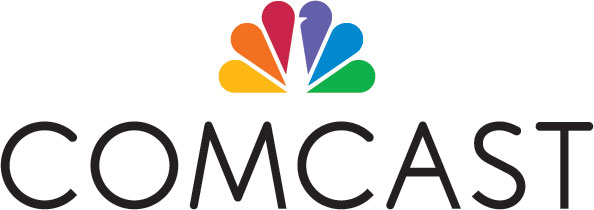
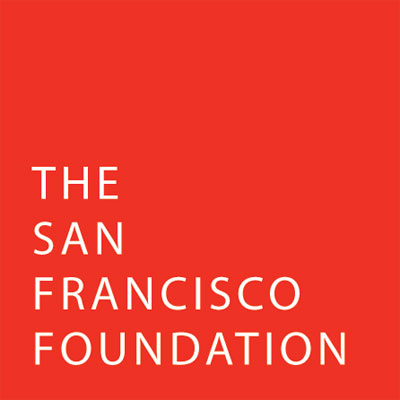


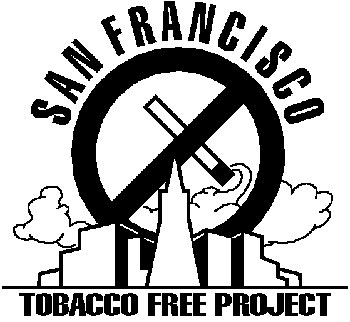

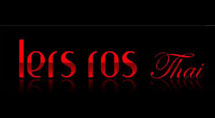
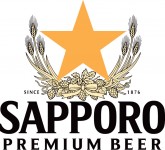



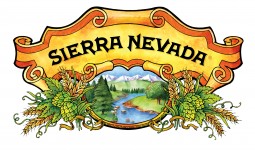


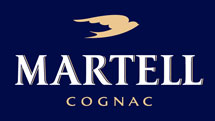
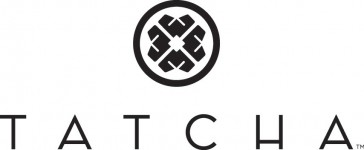




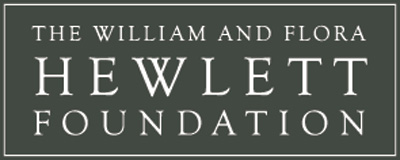

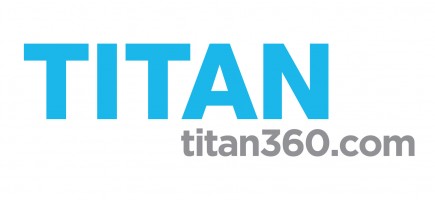
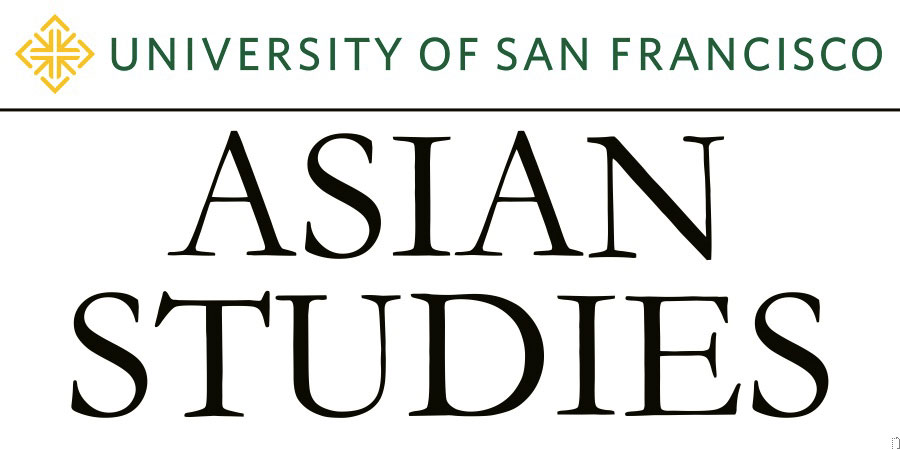
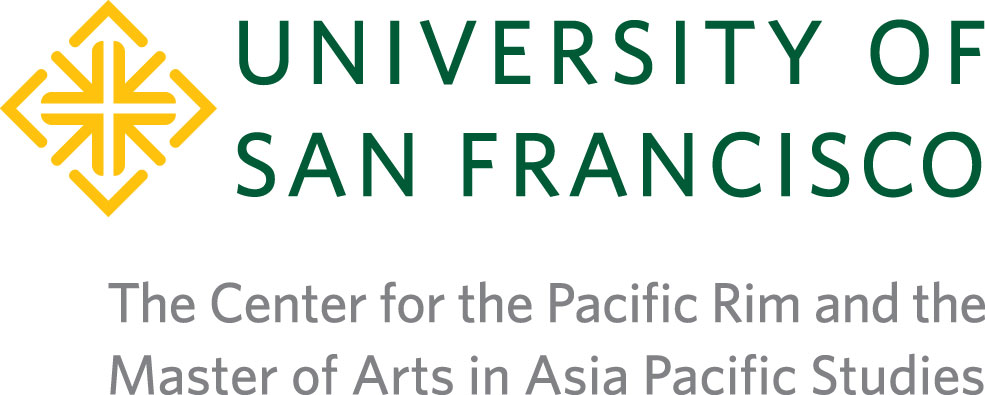

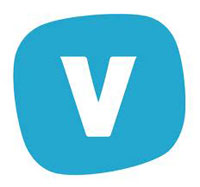


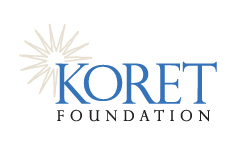
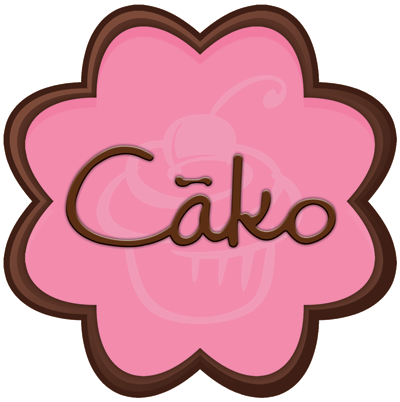
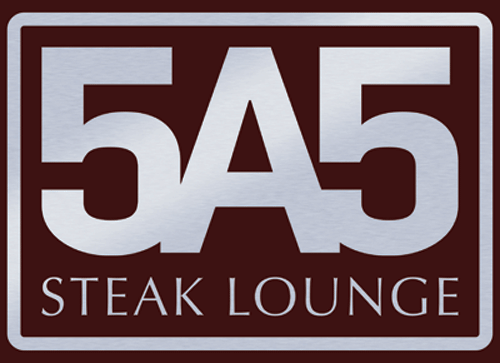
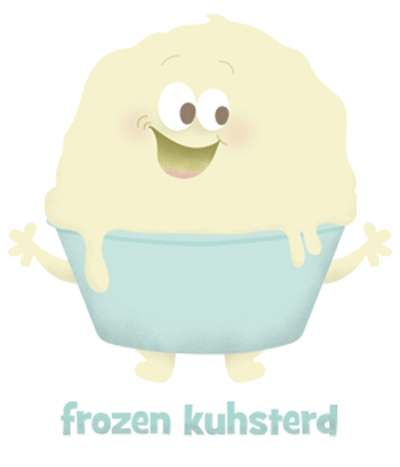
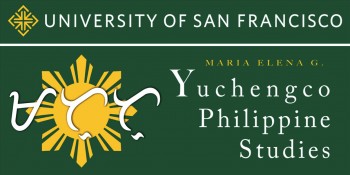

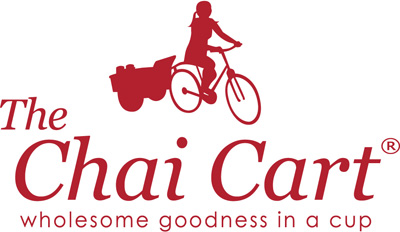

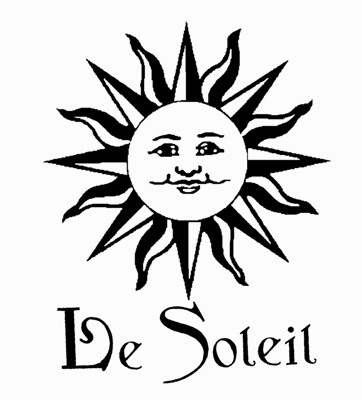
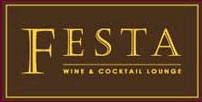





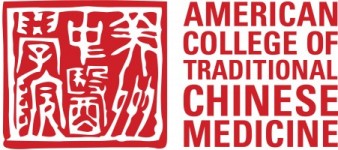
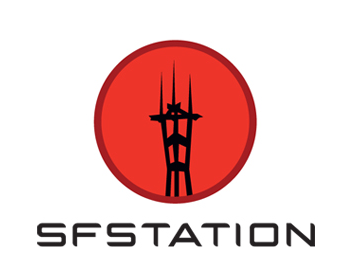
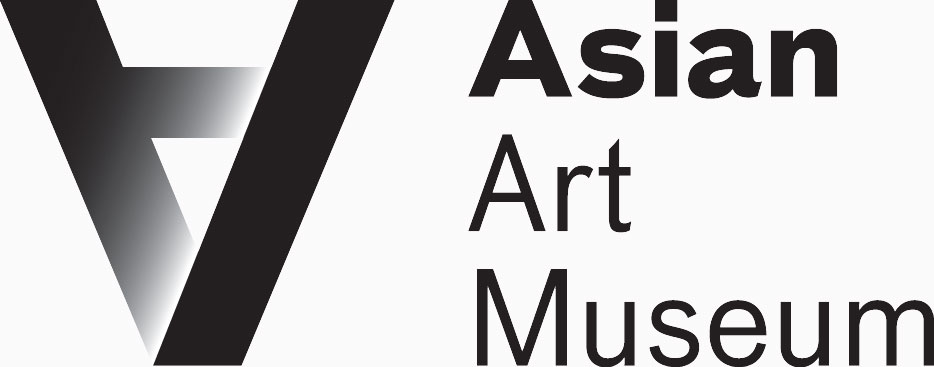
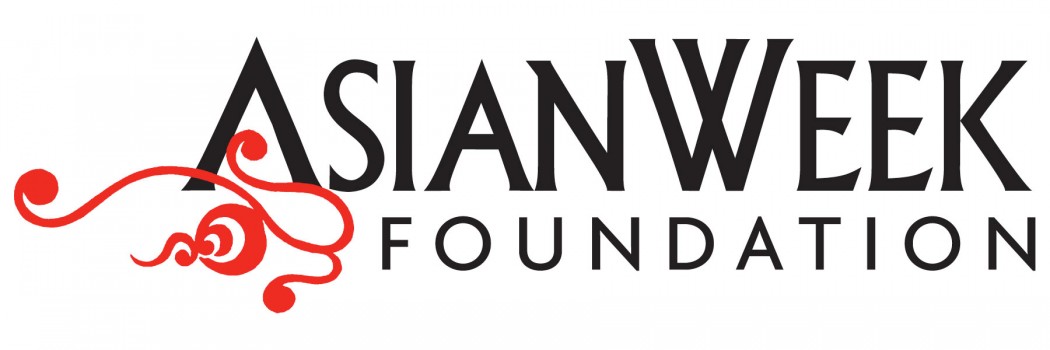

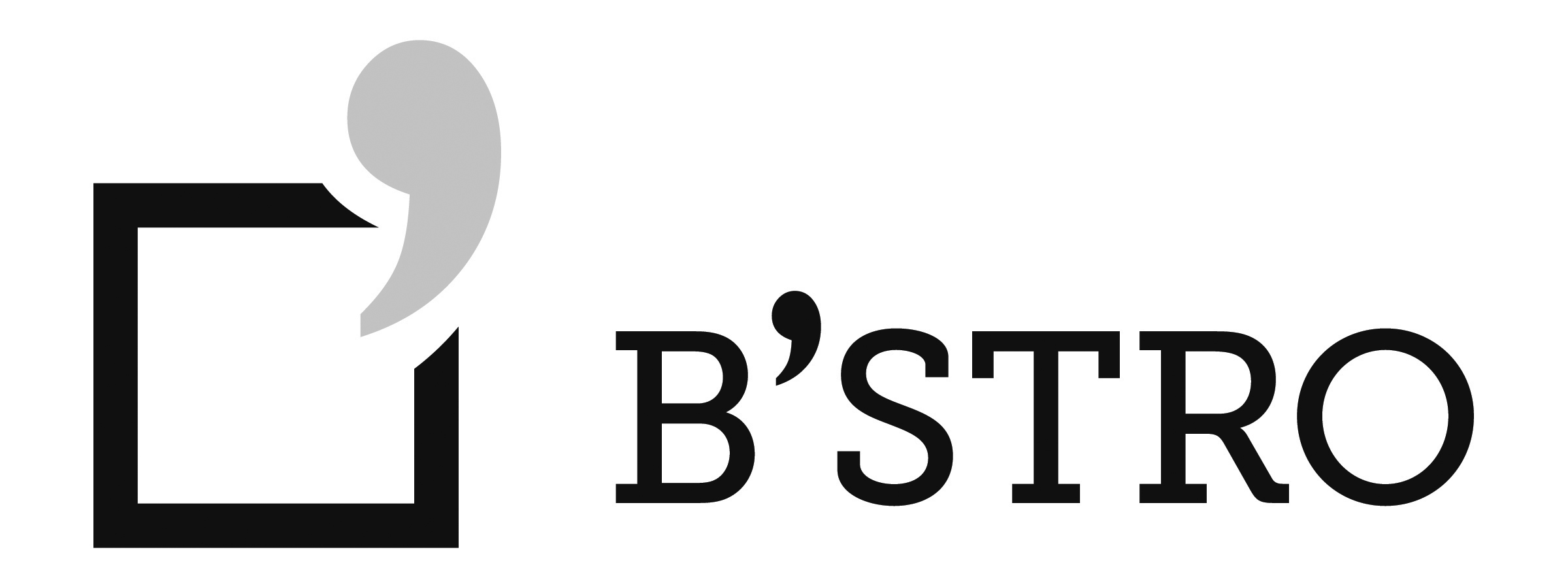




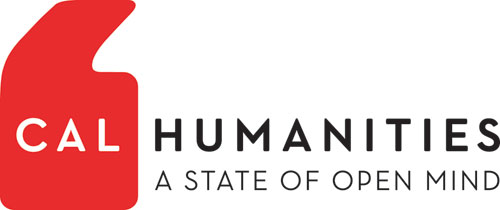



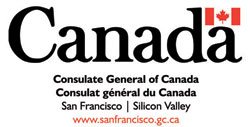

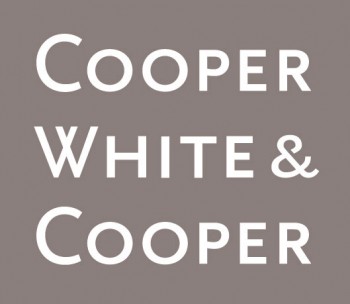




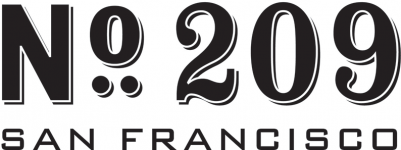


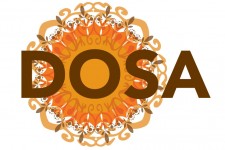




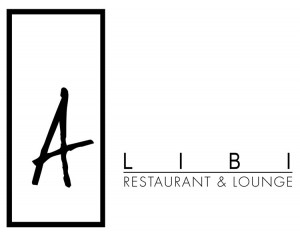



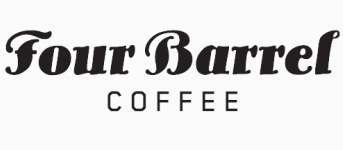

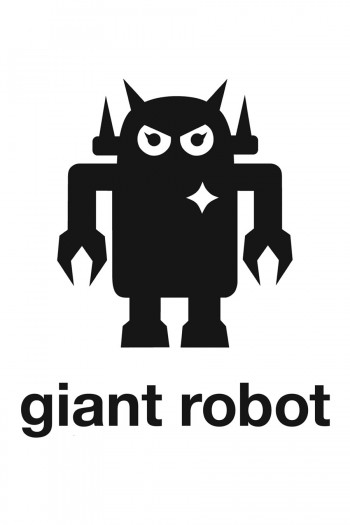







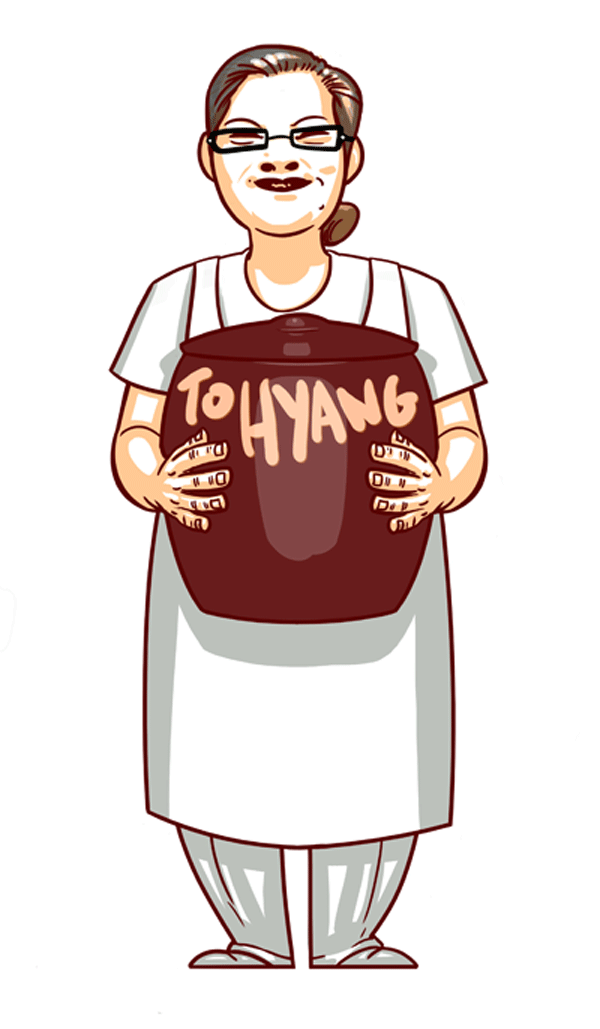


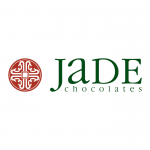







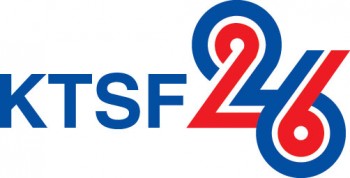



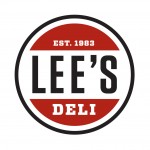


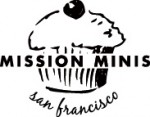


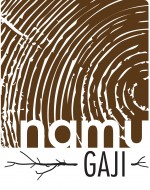
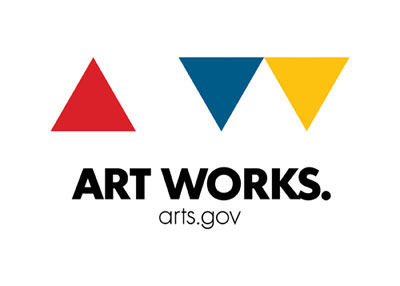
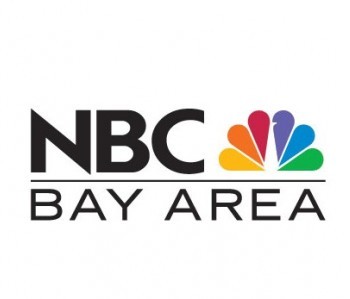
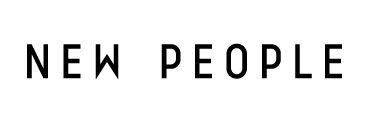








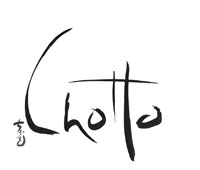




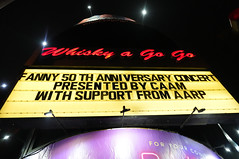
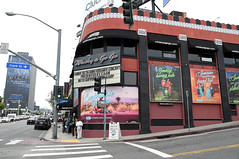

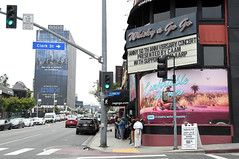
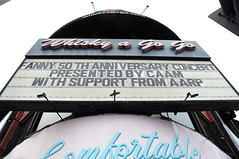

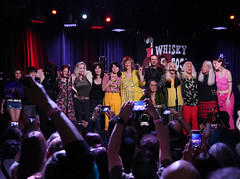
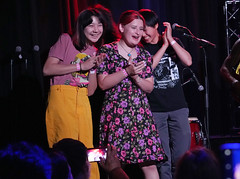
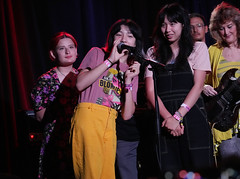


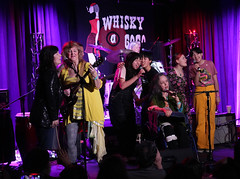
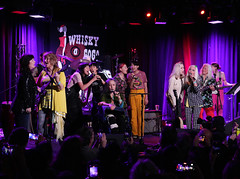

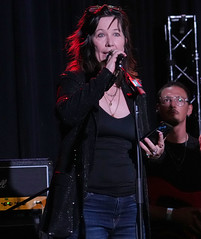
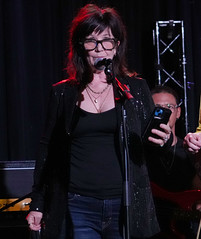
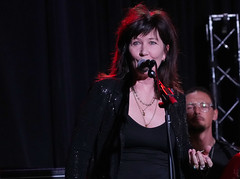

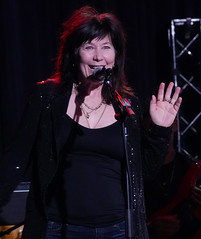
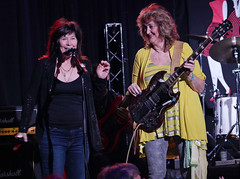

Follow Us!